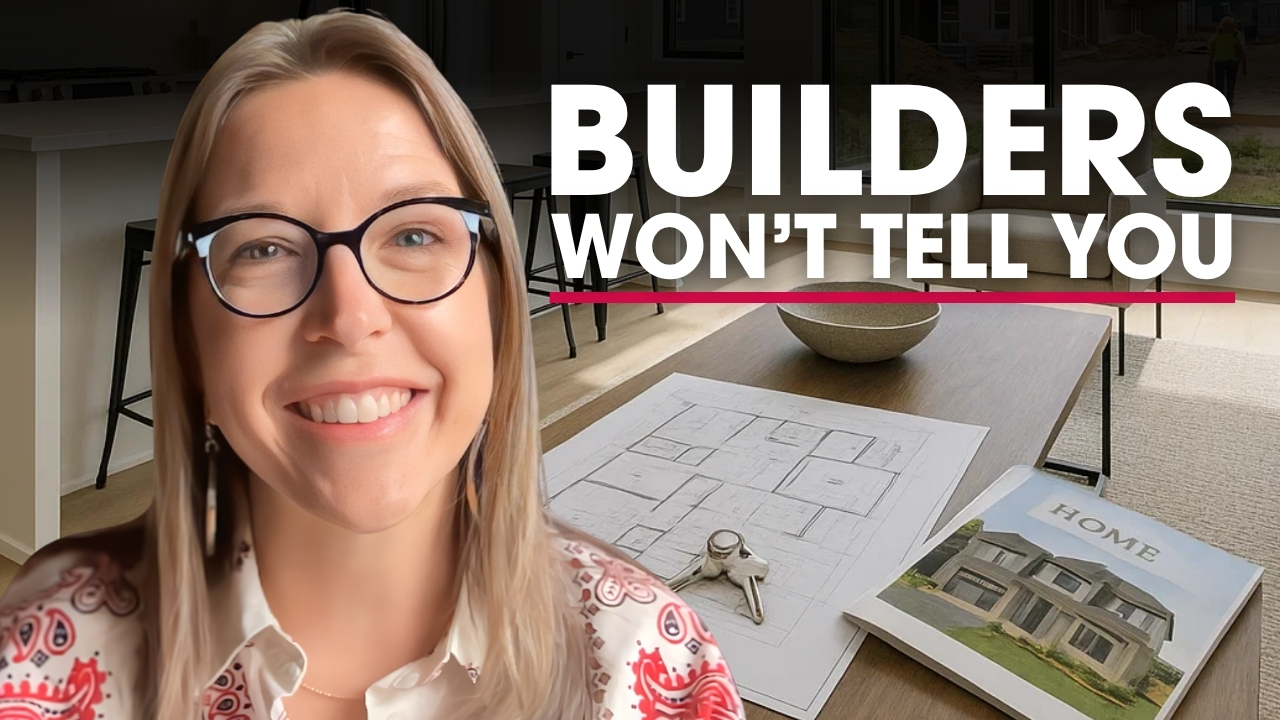Published November 19, 2025
What To Consider When Buying a New Construction Home in Nashville

From labor shortages to incentives, here’s everything you need to look at before buying a new home.
Buying a new construction home looks easy on the surface. Still, the details behind timelines, pricing, and community development can catch buyers off guard. Although demand is rising and builders are pushing inventory, which creates strong opportunities for 2025 and 2026 buyers, the process is far more complex than simply choosing a lot, picking finishes, and moving in on a set date.
Many buyers assume new construction is straightforward, but the reality is that shifting timelines, rising material costs, and evolving community phases make it essential to understand the market’s nuances before committing. With that in mind, I want to share an inside look at what the process is really like so you can make informed decisions and take advantage of the opportunities without the stress.
Why new construction is a unique opportunity. The current market presents a significant opening for buyers who are paying attention. Many builders are holding completed or near-completed homes and are motivated to sell. This means stronger incentives, better negotiating power, and the ability to secure a brand-new home without the long wait that buyers experienced over the last few years. If you understand where the opportunities are, new construction can be one of the smartest moves you make in the next 12 to 18 months.
The truth about builder timelines. One of the most important things buyers need to know is that construction timelines are flexible. Builders may estimate six to nine months, but lingering labor shortages, supply chain shifts, and material logistics can change that quickly. A home can finish months later than expected, but it can also finish early, which creates pressure if you are not ready to close. Working with an agent helps you stay ahead of these changes, but the most reliable way to eliminate timeline uncertainty is to buy a home that is already completed.
“New construction homes are a great investment, but only if you are well-advised.”
The power of buying a spec home. My strongest recommendation for buyers is to consider move-in-ready homes. These are completed or nearly completed properties that remove the guesswork from the timeline. While you may sacrifice some custom design choices, you gain certainty with a fixed price, a firm move-in date, and access to some of the best incentives builders offer as they work to move inventory and begin their next phase of construction. For many buyers entering the 2025–2026 market, this is the cleanest path to a smooth purchase.
Looking beyond your lot. The most overlooked part of buying new construction is not the home itself but the community. When you purchase in a developing neighborhood, you are buying into a long-term vision that will unfold over several phases. This affects your daily life and your home’s future value.
You should understand how long you may live in an active construction zone, which amenities will be completed first, and how quickly other homes will be built around you. If you plan to sell before the final phases are done, you will likely compete with the builder’s brand-new inventory, which affects how you price and position your home later.
New construction homes are a great investment, but only if you are well-advised. Material costs are still rising, incentives shift quickly, and each builder has a different contract structure that protects their interests.
Pro tips for new construction buyers. The most successful buyers approach new construction as a strategic investment. They prioritize move-in ready homes for certainty, evaluate the master plan for the entire community, and always work with a trusted buyer’s agent who understands how to balance builder incentives with long-term value.
If you want a clear plan for buying new construction without the headaches, call (615) 933-1415 or visit https://www.fykesrealtygroup.com. Do not just buy a house. Make a confident investment in your future.





